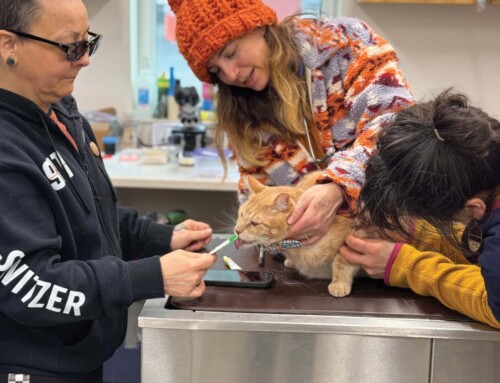An unprecedented incident involving a bear has closed down the Canadian side of the Chilkoot Trail National Historical Site until further notice.
Parks Canada’s bear management response team shot a black bear Wednesday morning that was suspected of breaking into a staff cabin at Lindeman Lake earlier this week.
“Parks Canada takes the protection of wildlife very seriously and our staff work hard to reduce wildlife mortality,” a statement from Parks Canada Yukon Field Unit External Relations Manager Elise Maltinsky said. “This unfortunate accident was required due to the serious visitor risk posed by the bear.”
Around 3:30 p.m. on Monday afternoon, Parks Canada staff returned to their camp to discover that a bear had broken into their cook shelter.
The bear reportedly broke in through a window and then proceeded to raid the refrigerator and cabinets, thus gaining access to a significant quantity of processed human food.
Hair and paw prints left around the site suggested the culprit was likely a black bear.
“At that time, the staff member wanted to ensure the safety of all of the visitors in the area, so their immediate concern was to inform all of the visitors and gather up all of the campers that were supposed to stay at Lindeman that night,” said Acting Superintendent of the Chilkoot Trail National Historical Site Jeni Rudisill of Parks Canada.
Parks Canada staff observed the bear returning to the scene and entering the cook shelter once again at 6:45 p.m. on the same evening.
With the second return of the bear, Parks Canada decided to evacuate all hikers and visitors in the Lindeman Lake area by boat to Bennett, due to the ongoing danger posed to humans in the area. After the evacuation, the bear made multiple attempts to regain access to the shelter once again.
Two snares sites were used to contain the bear, and the team recommended keeping the those areas closed off for three days after the kill for the sites to be cleaned up and to allow the smell to dissipate as to not attract other bears in the area.
The trail will remain closed until the results of a necropsy conducted on Thursday can conclusively determine that bear recovered by Parks Canada was the culprit behind the ransacking of the cook shelter based off of an assessment of the contents of the bear’s stomach.
Parks Canada anticipates the Canadian side of the trail will be reopened by Sunday, June 26.
For the time being, the Bennett area at the end of the trail will remain open for day-use and the U.S. side of the trail is still open to hikers.
Rudisill said an incident of this scope has never occurred on the trail before.
“For the past 30 years, when we’ve been managing the Chilkoot Trail, Parks Canada has never had a bear intrusion into any of our facilities,” Rudisill said. “There’s been no unusual bear observations or unnatural bear activity along the trail this summer.”
Ben Hayes, Chief of Interpretation for the Klondike Gold Rush National Historical Park, said a bear could develop a dangerous pattern of behavior after they get a taste of human food, which was why Parks Canada had to move decisively to contain the situation.
“Once they find an easy source of calories, and bears are very entrepreneurial, they will return.” Hayes said. “Then they begin to habituate and associate people and human structures, such as tents, with food and then instead of avoiding humans, which is the natural inclination of bears, to avoid people human activity out of fear, they then face no fear and seek out humans and human structures looking for human food.”
Even moving the bear to another location in the park would not have been a viable alternative resolution to the situation.
“Bears have a great directional sense and you can take a bear to another area, but they’ll find their way back and even if they’re in another area, they’re still habituated,” Hayes said. “If they’re taken to another area with people, they’ll still associate people with food.”
For those hikers who intend to hit the trail this weekend, Hayes said to remain alert and be sure to use all necessary safety precautions.
“It’s very important to follow bear safety and safe guard and secure all smellables whenever you’re camping in the back country,” Hayes said. “Also, bring that bear spray with you if you’re going to be on the trail.”
For updates on the bear situation and trail conditions, visit Parks Canada’s website at www.pc.gc.ca or call the Trail Center in Skagway at (907)-983-9234.





Leave A Comment